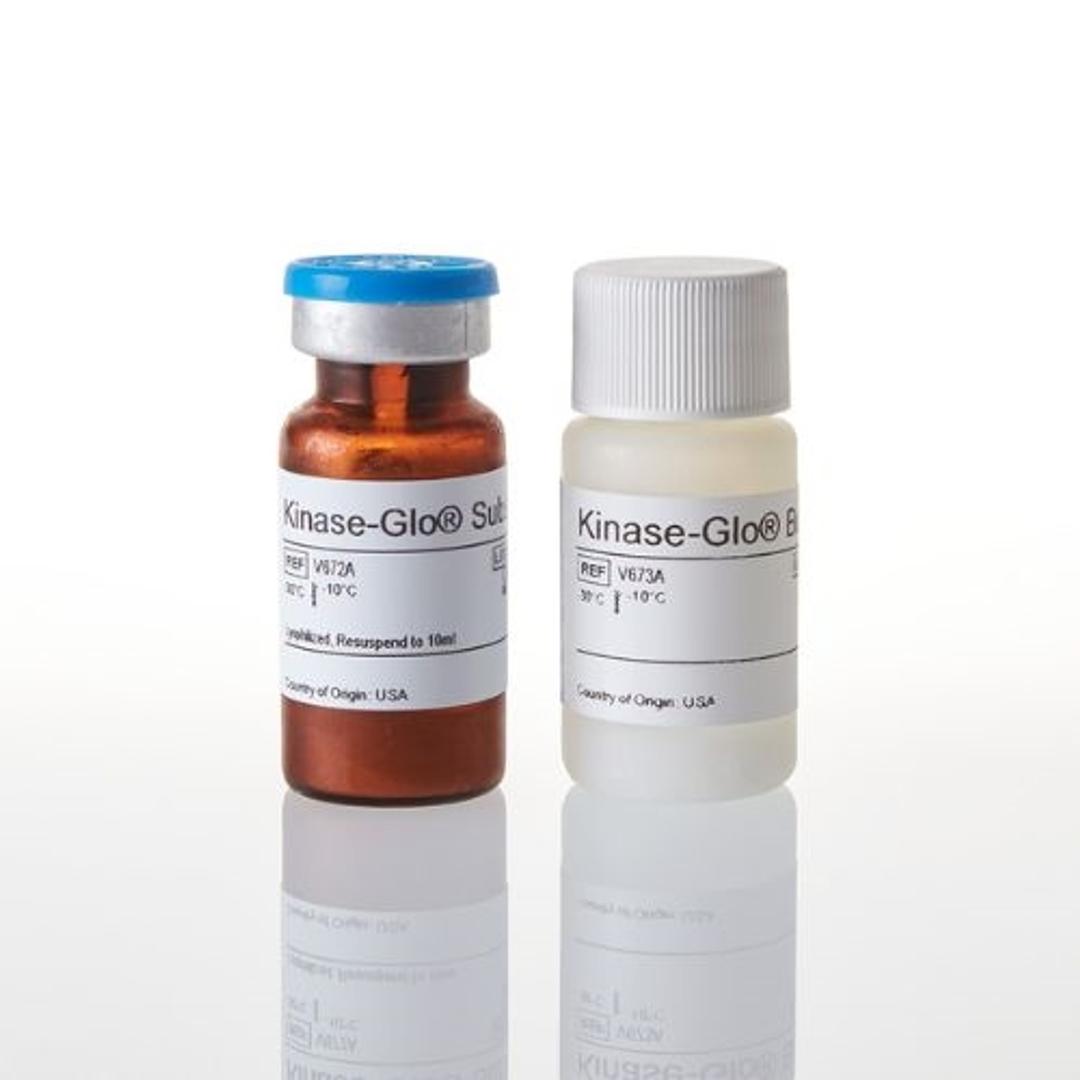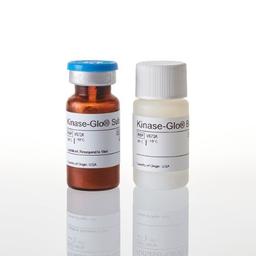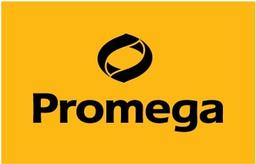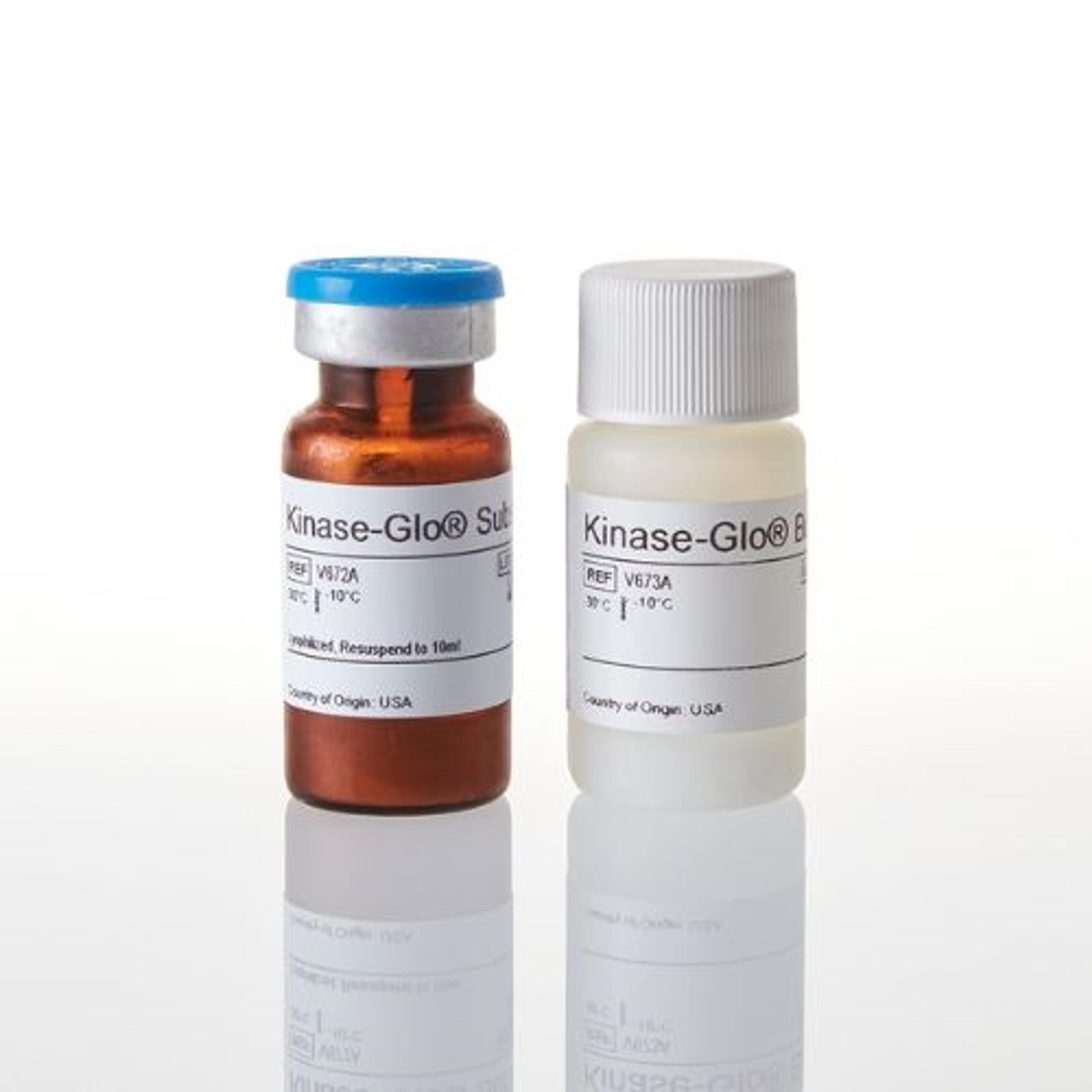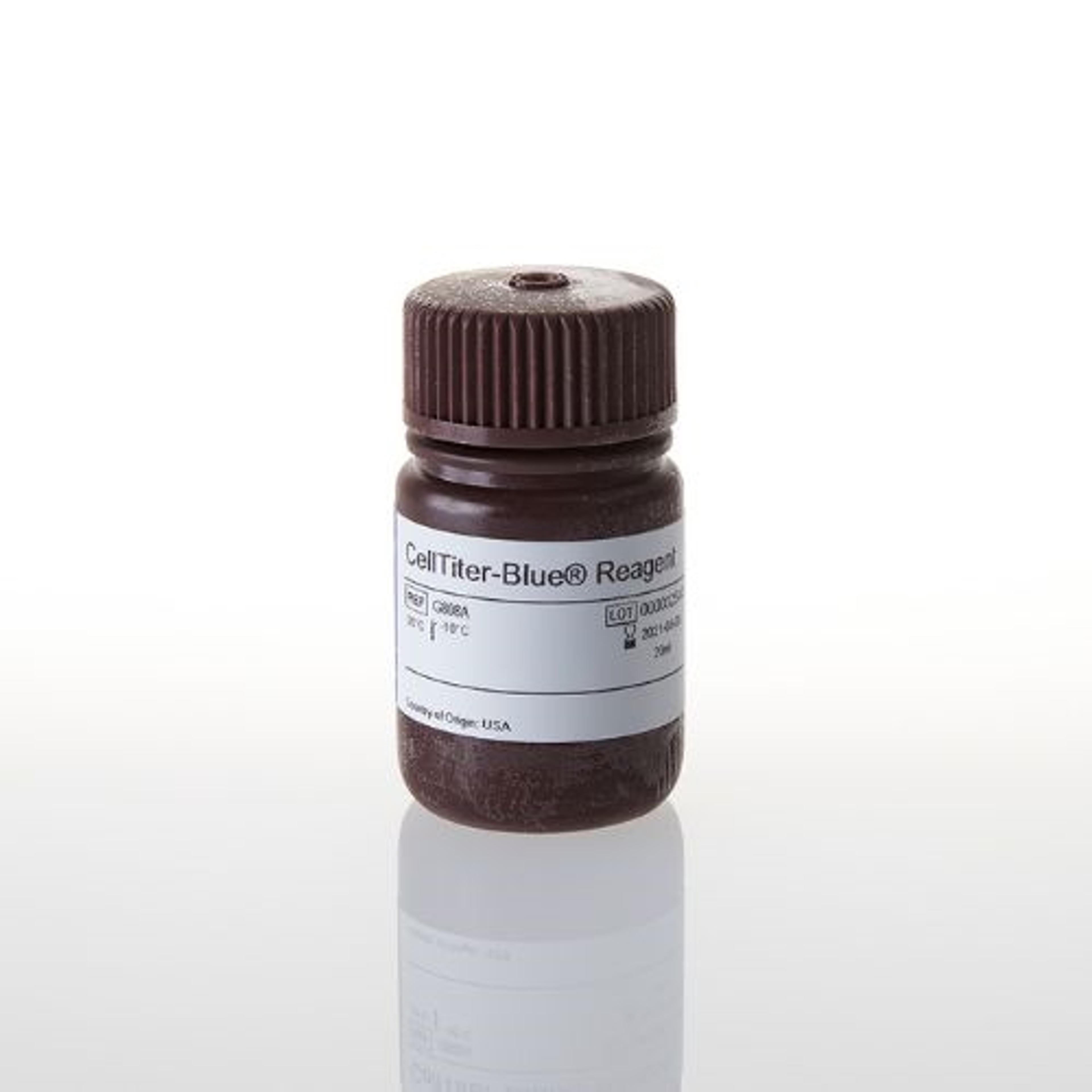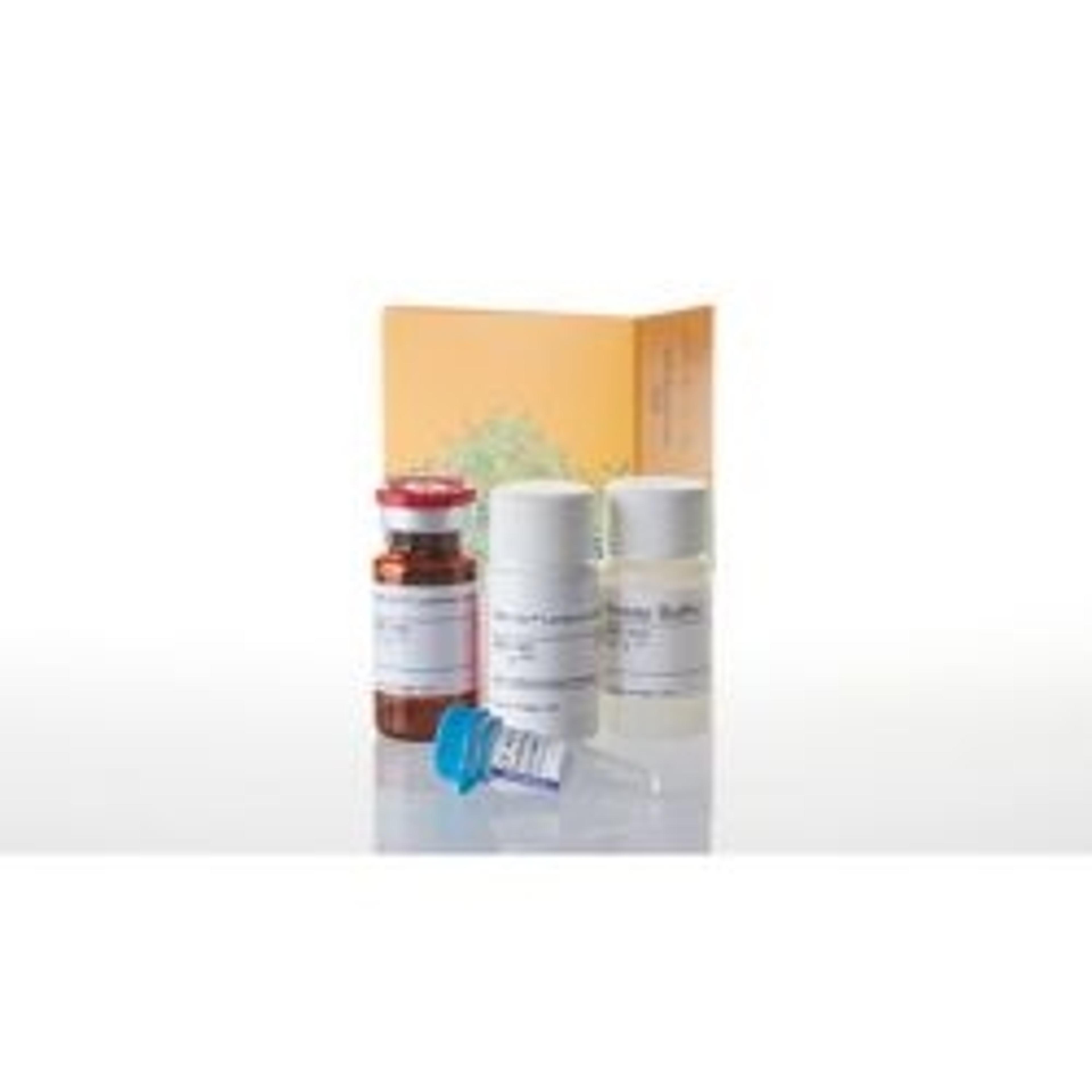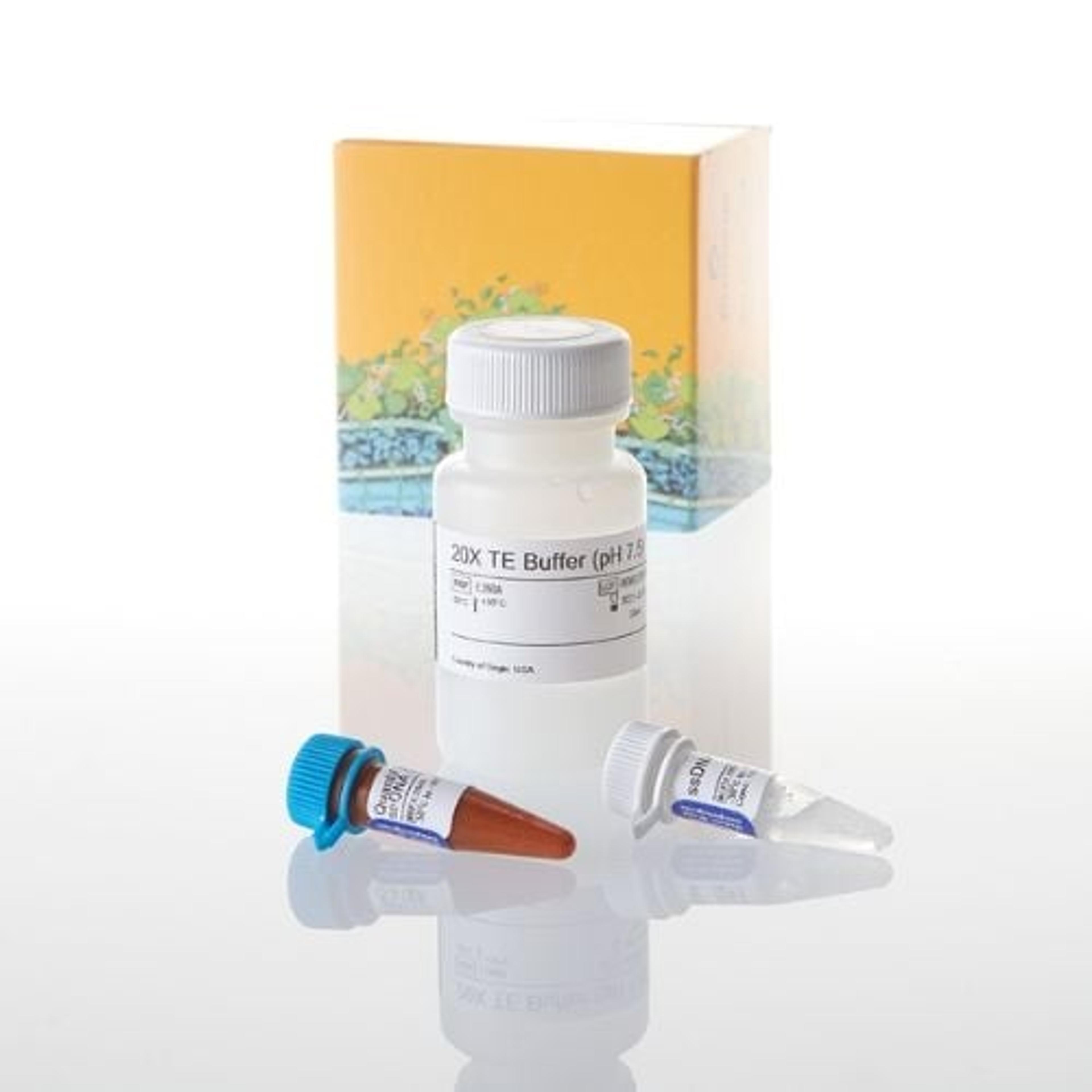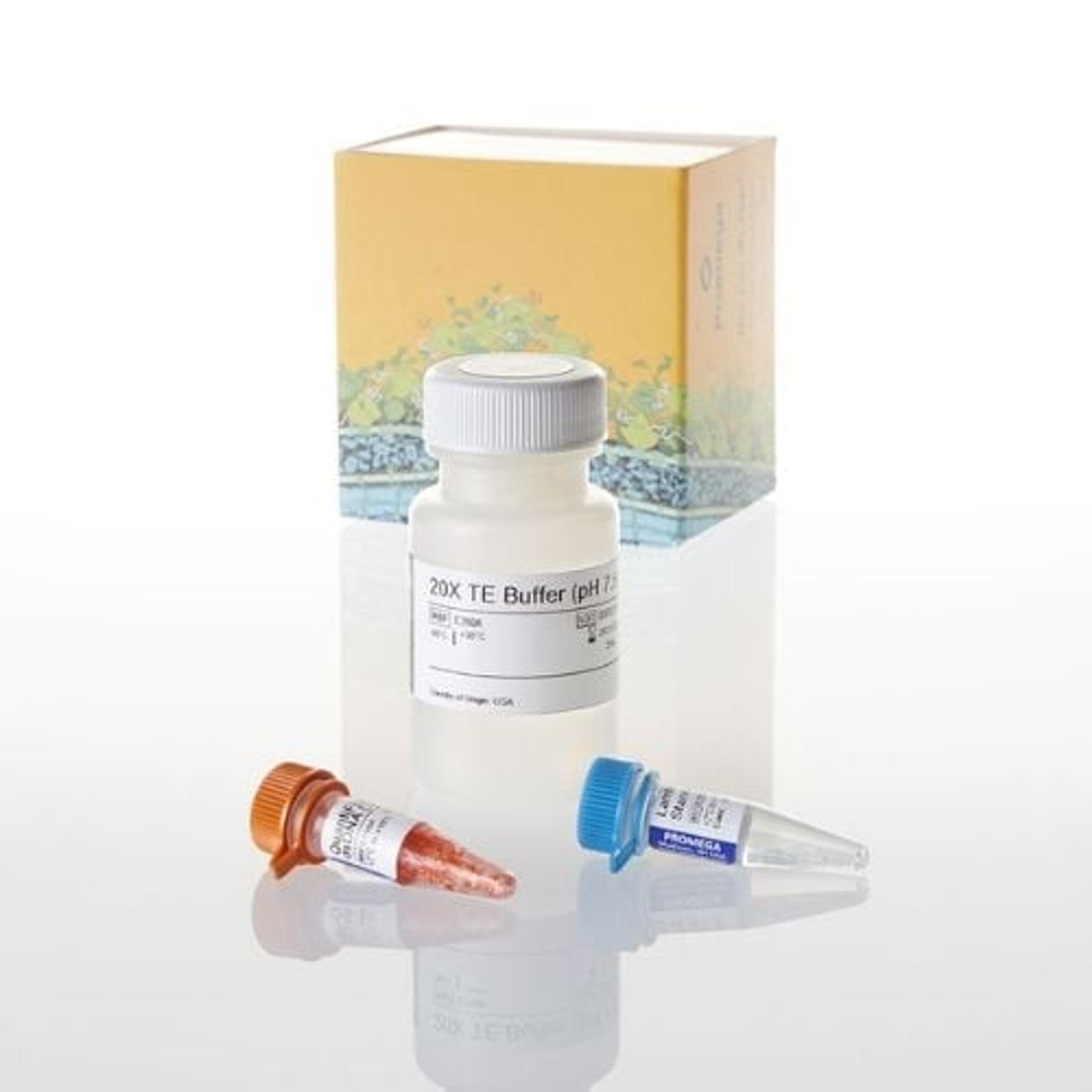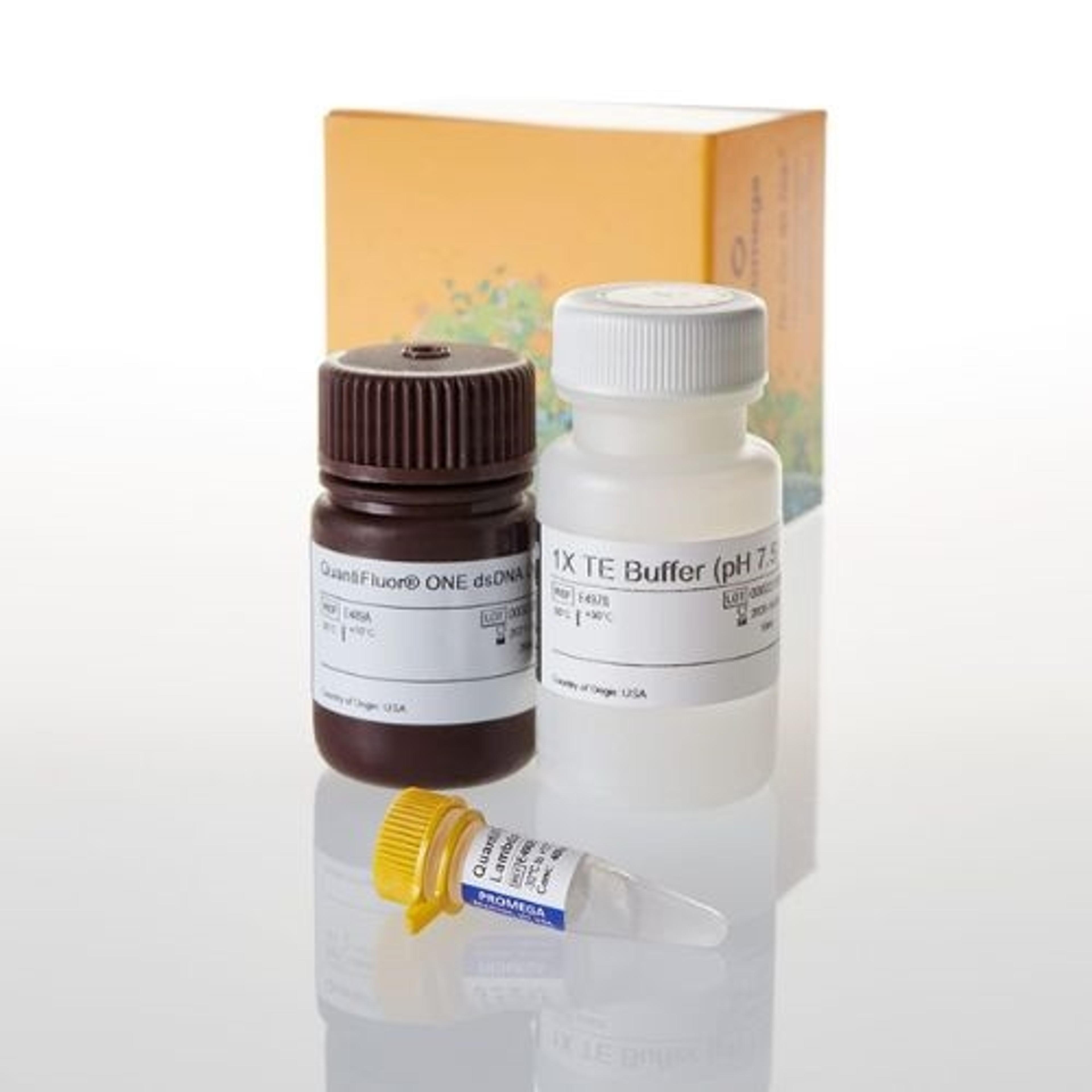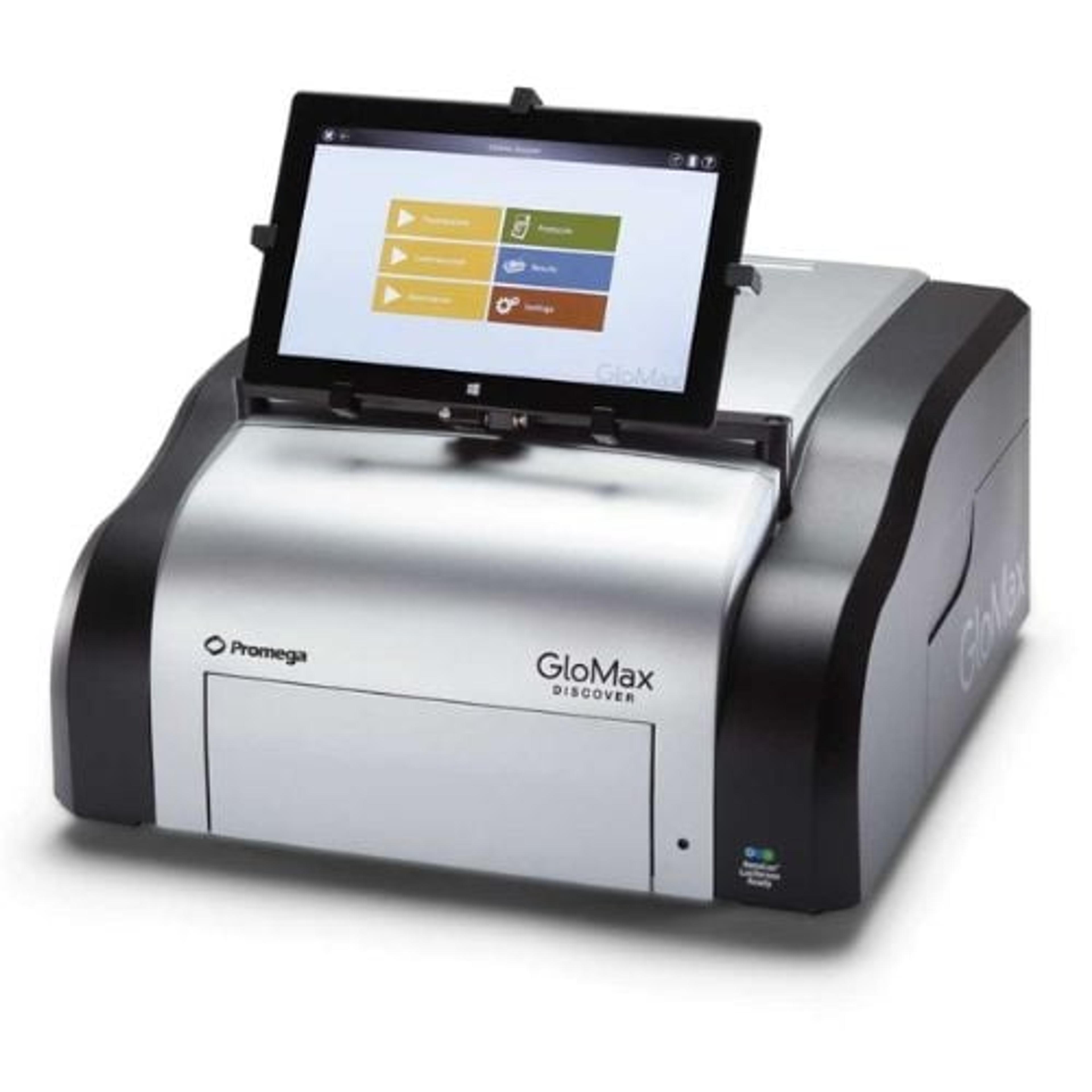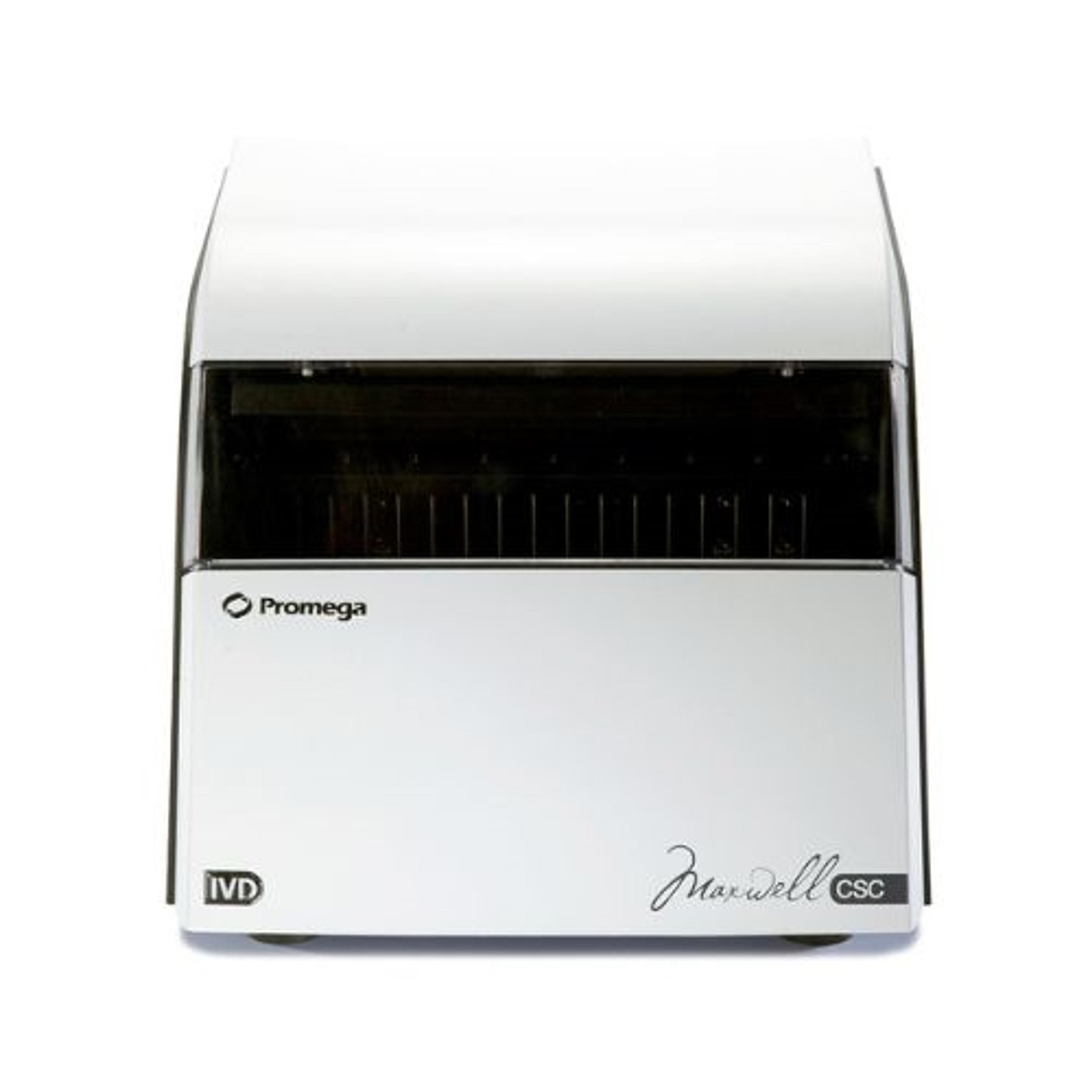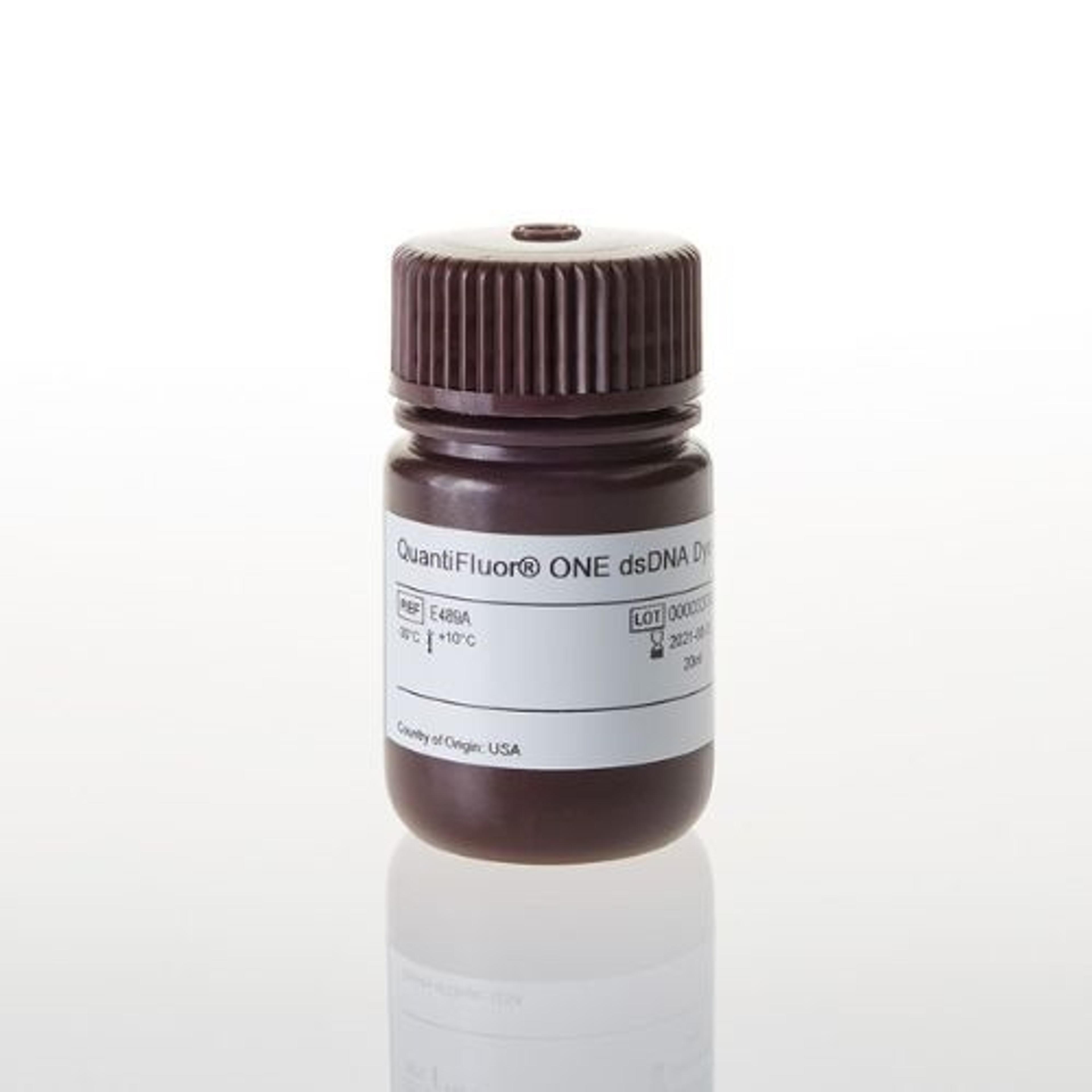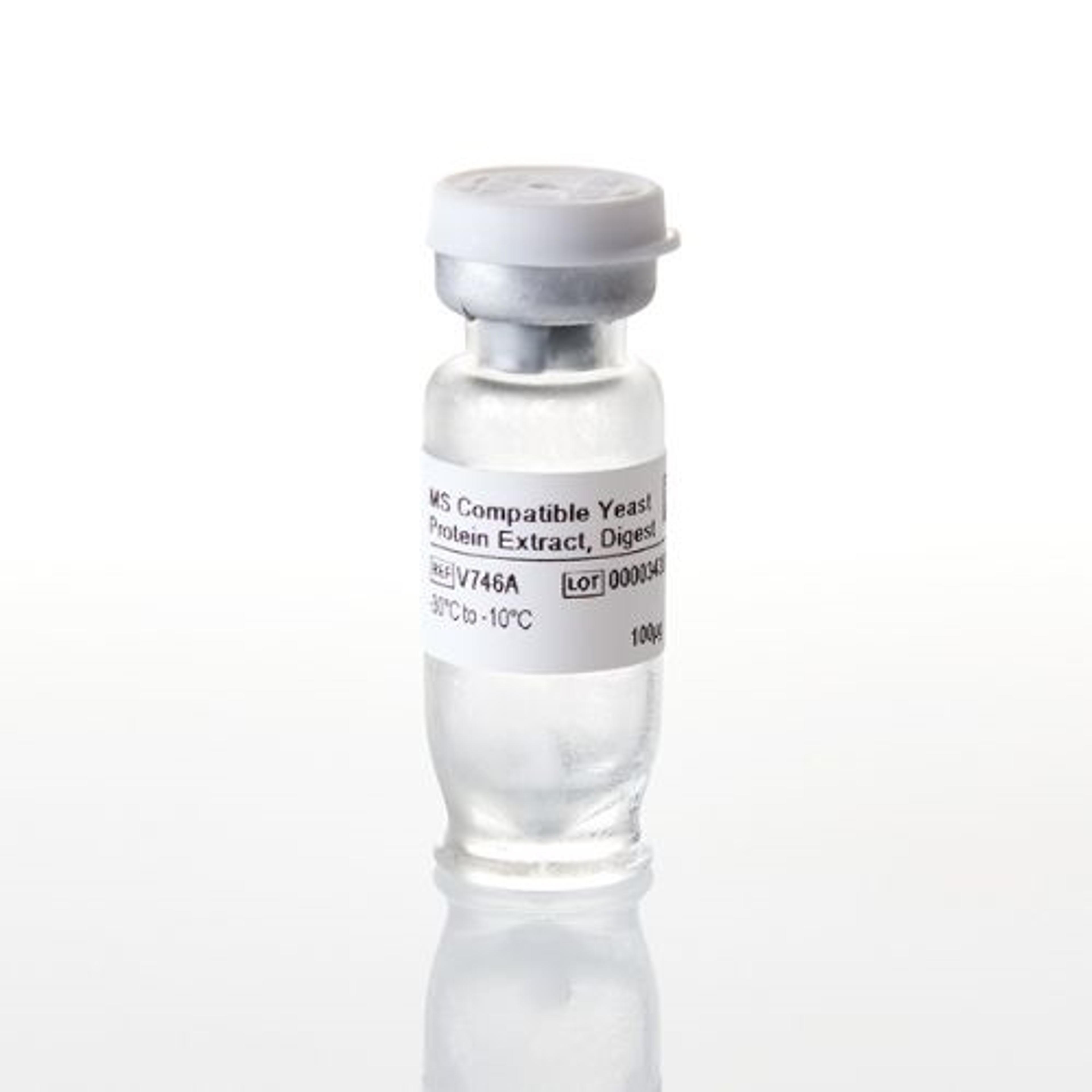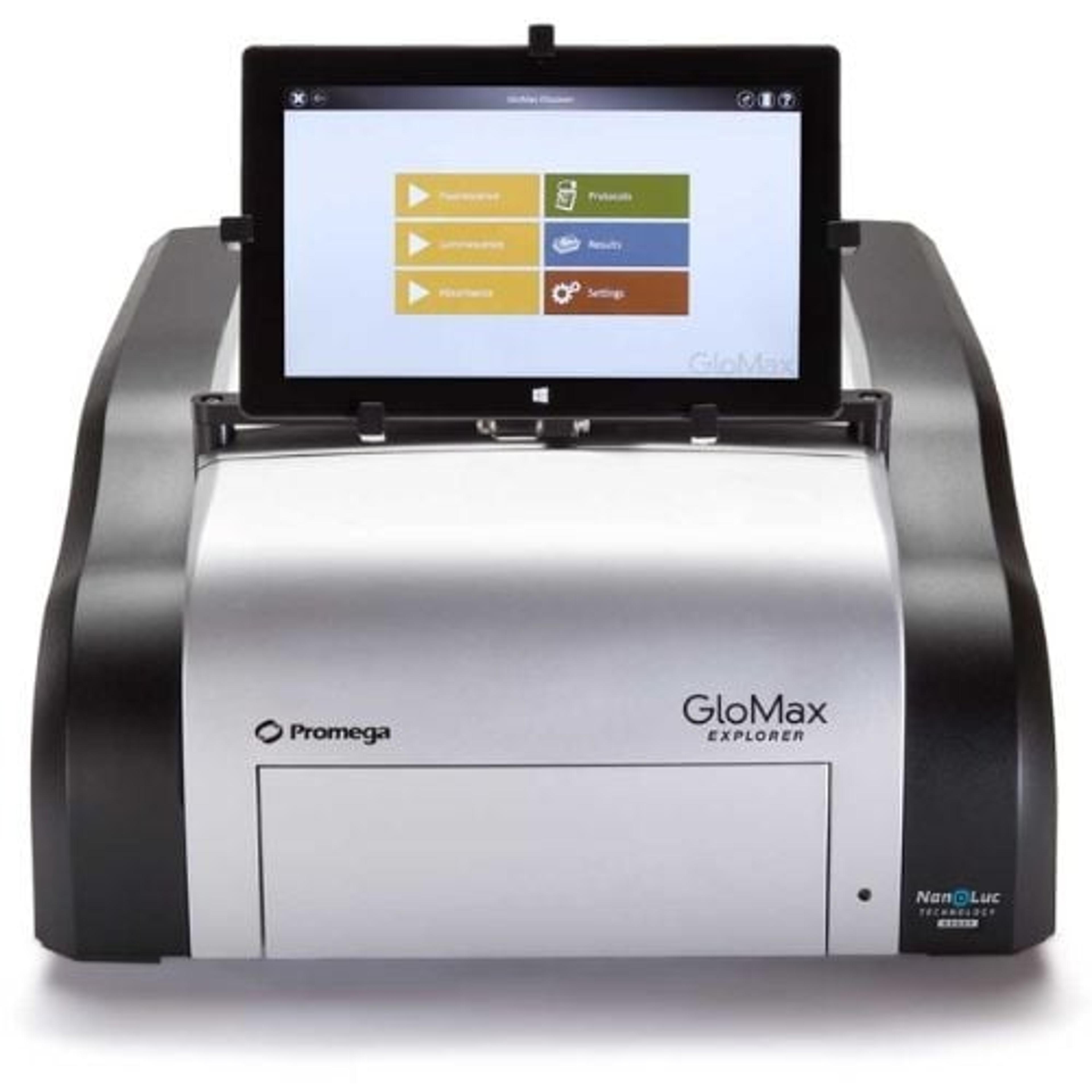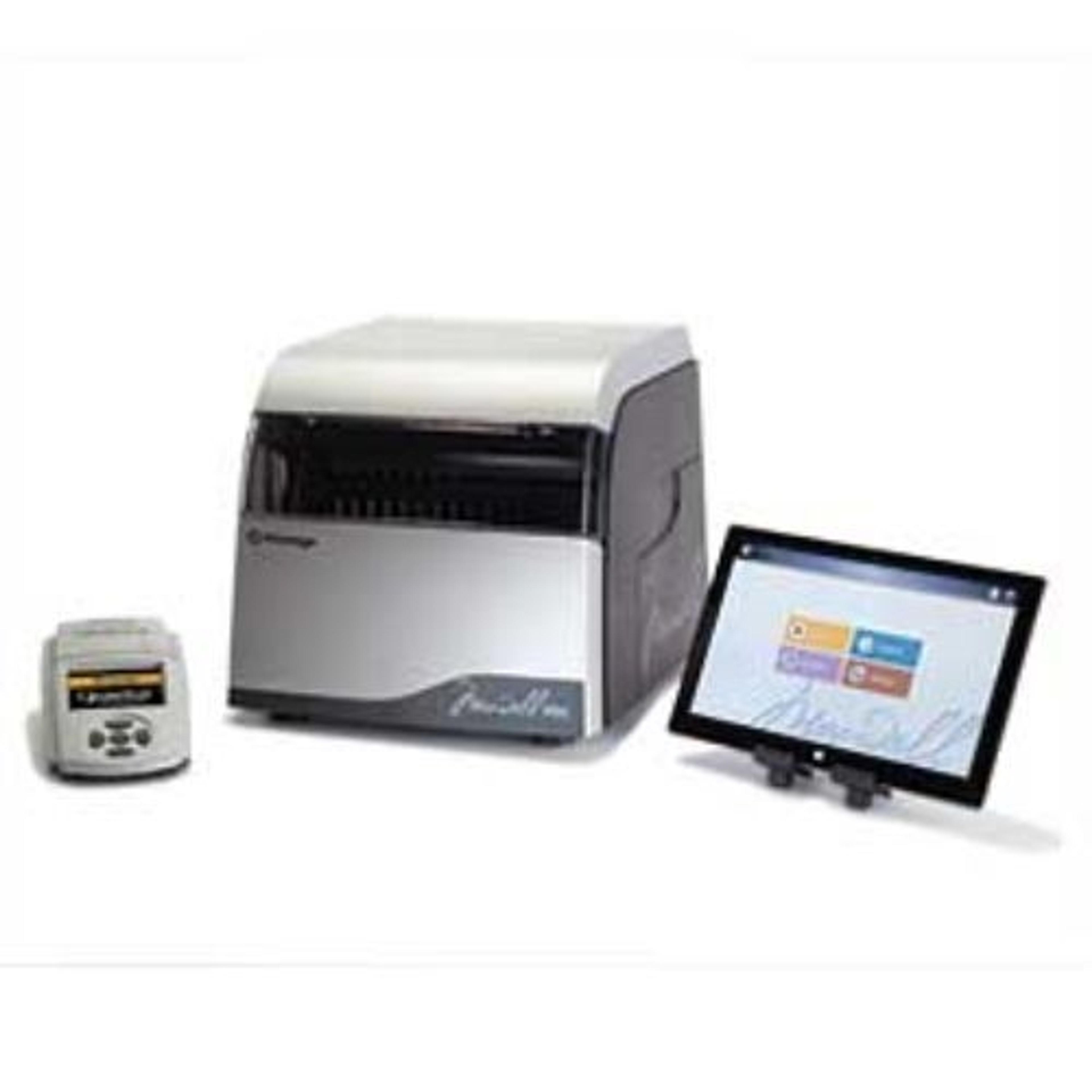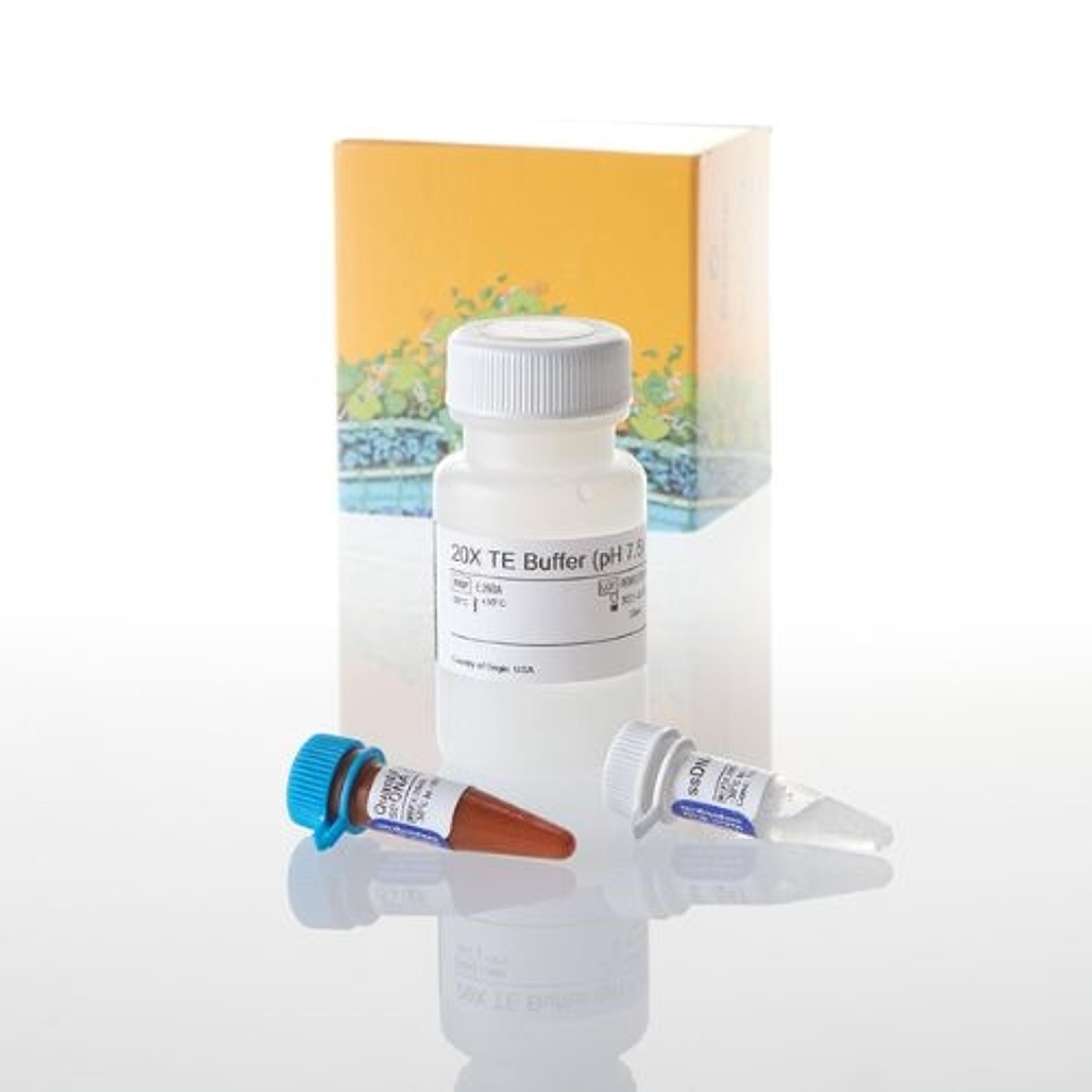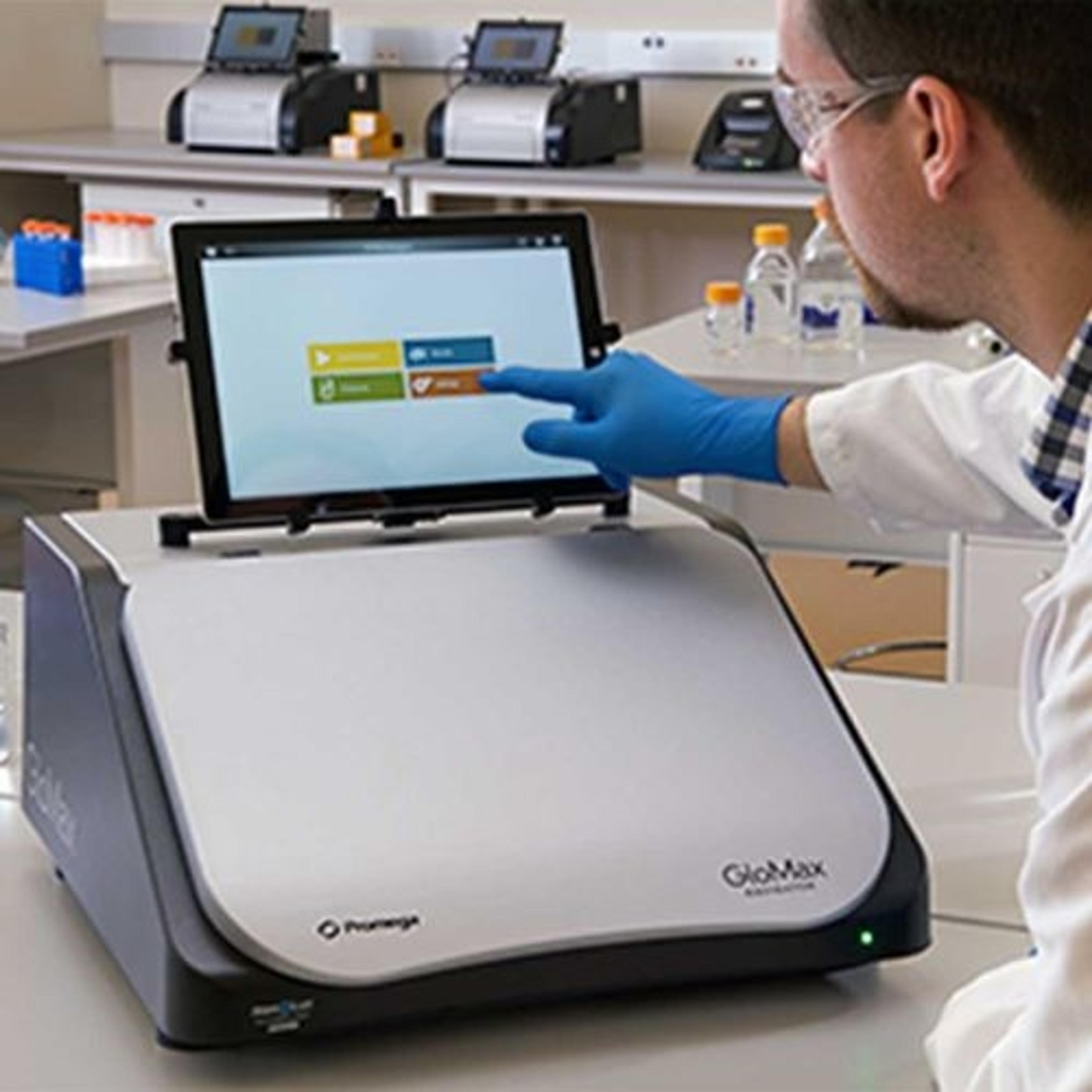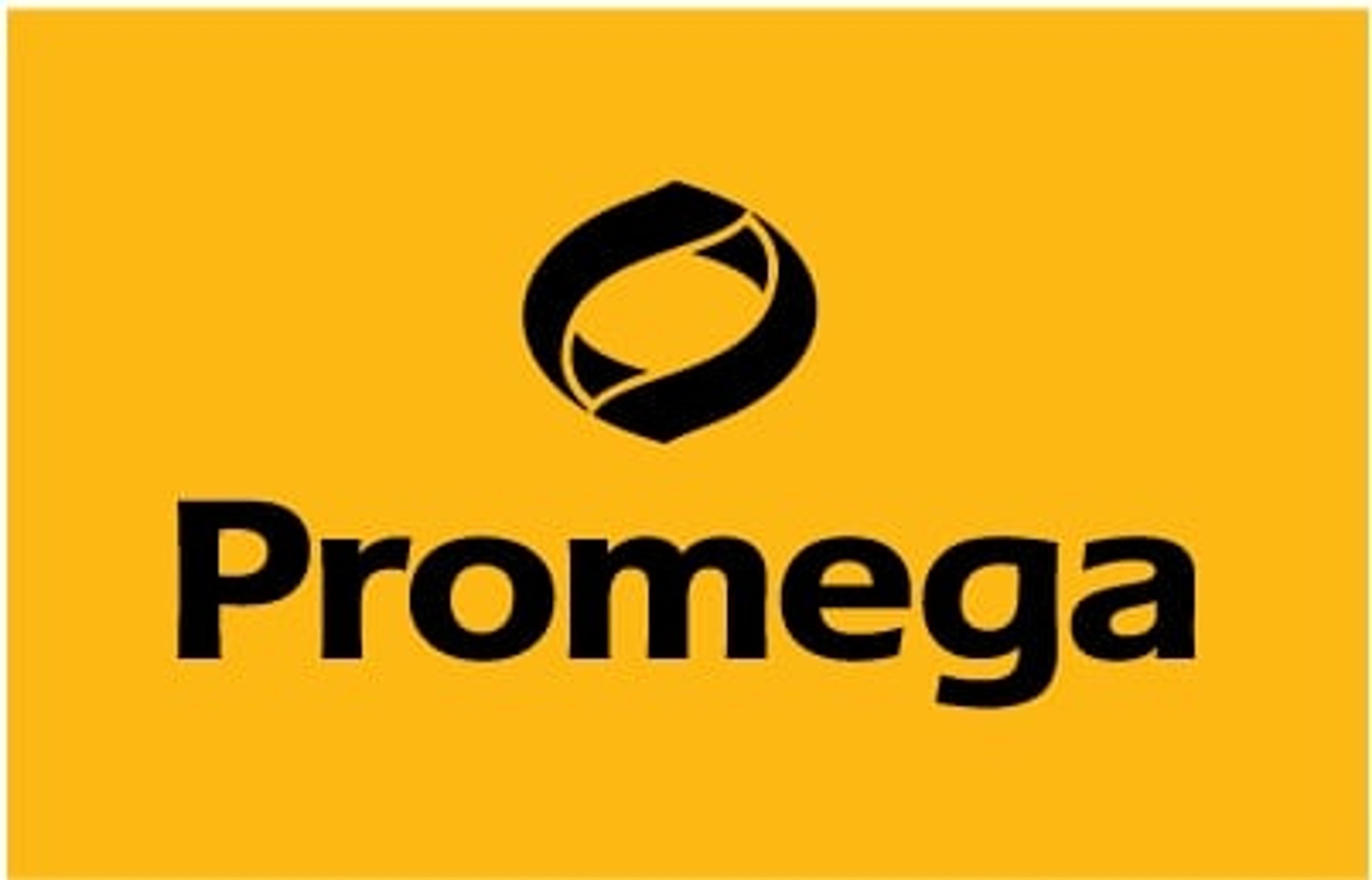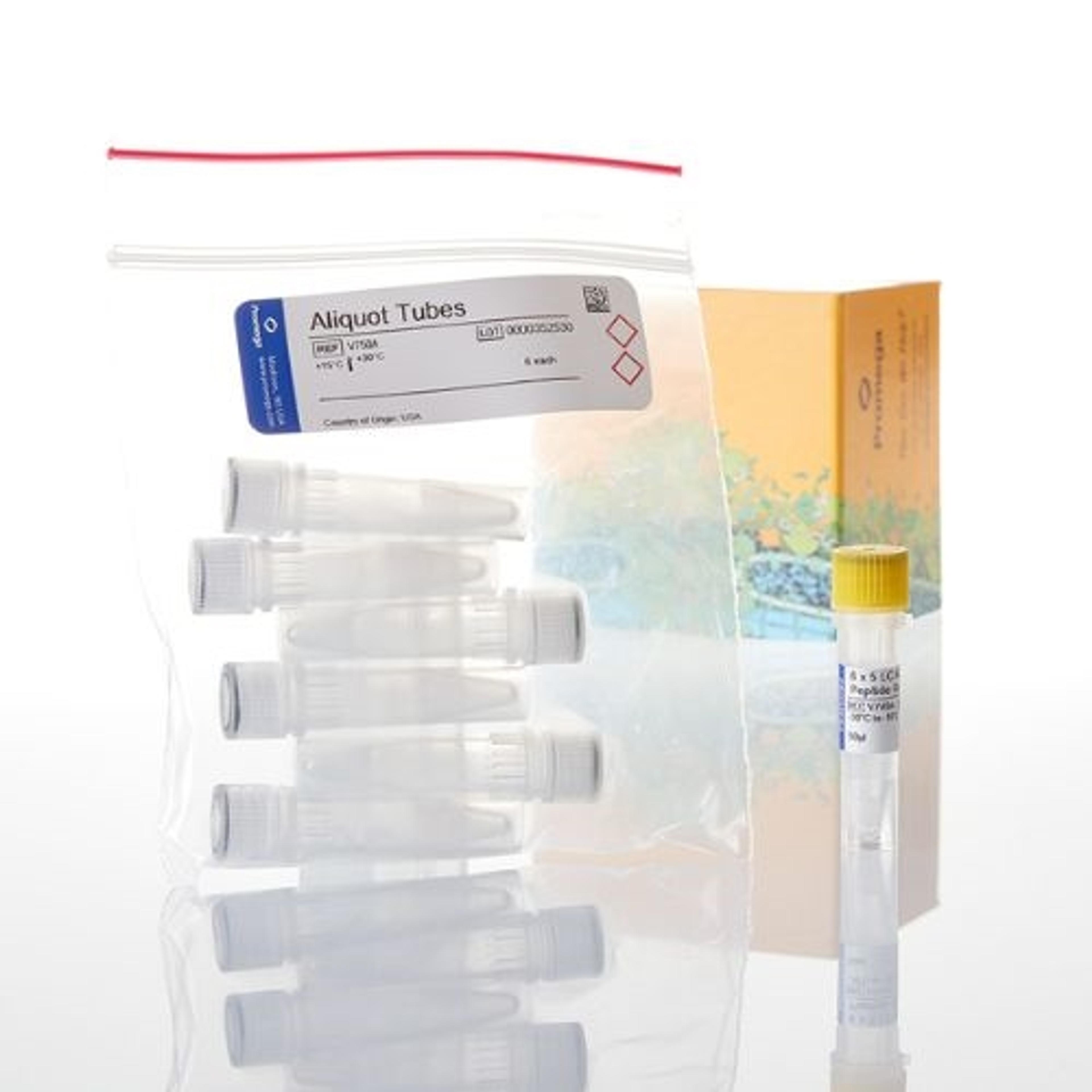Kinase Glo® Assay
Universal, HTS Kinase Screening Assays Use higher ATP concentrations: Linear response up to 500μM ATP. Use any kinase and kinase-substrate combination, including peptide, protein, lipid, and sugar substrates. Perform the assay without substrate modifications. Obtain reliable results: Z´-factor values routinely >0.7. Reduce false hits: Luminescence is much less susceptible to interference from library compounds t…
we analyze data generated from this assay.
Review Date: 21 Jun 2011 | Promega Corp.
Universal, HTS Kinase Screening Assays
- Use higher ATP concentrations: Linear response up to 500μM ATP.
- Use any kinase and kinase-substrate combination, including peptide, protein, lipid, and sugar substrates.
- Perform the assay without substrate modifications.
- Obtain reliable results: Z´-factor values routinely >0.7.
- Reduce false hits: Luminescence is much less susceptible to interference from library compounds than fluorescence-based assays.
How It Works
The kinase reaction is conducted under the appropriate conditions. ATP remaining at the time that the Kinase-Glo® Reagent is added is used as a substrate by the Ultra-Glo™ Luciferase to catalyze the mono-oxygenation of luciferin and the generation of light. Luminescence is inversely related to kinase activity.
Linear out to 500μM ATP
The Kinase-Glo® Platform consists of three assay formats: the Kinase-Glo® Assay, which is used to monitor kinase activity using up to 10μM ATP; the Kinase-Glo® Plus Assay, which is used for assays requiring higher ATP concentrations (up to 100μM); and the Kinase-Glo® Max Assay, which is used for assays requiring up to 500μM ATP.
Perfect for HTS applications
Z´-factor is a statistical value that compares the assay dynamic range to data variation in order to assess assay quality. Z´-factors greater than 0.5 indicate excellent assay quality.
Uncover non-ATP binding site inhibitors
Use the Kinase-Glo Assays to distinguish ATP competitive inhibitors from noncompetitive inhibitors. Use PKA inhibitor (noncompetitive, PKI, and competitive, H89) titrations were performed using the Kinase-Glo Plus Assay. IC50 results determined using Kinase-Glo Plus varied just 2-fold for the noncompetitive inhibitor PKI (3.5nM vs. 7.9nM) at 10 and 100μM ATP, respectively. The IC50 results varied 7-fold for the competitive inhibitor H89 (0.06μM vs. 0.4μM) at 10 and 100μM ATP, respectively.

